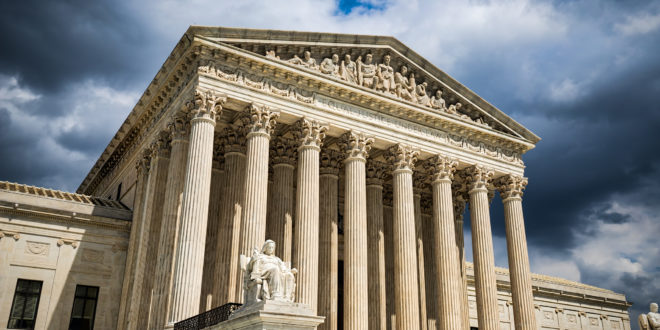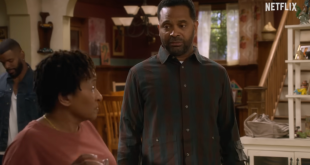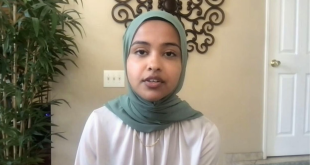The Supreme Court sided with a former high school cheerleader who claimed that she could not be punished by her public school for posting a profanity-laced comment on Snapchat while off-campus.
The case of a Pennsylvania teenager was closely followed to see how the court would address the free speech rights of roughly 50 million public school students and school concerns about off-campus and internet comments that could disrupt the school’s goal or escalate to bullying or threats.
Justice Stephen Breyer authored the 8-1 majority opinion.
Breyer wrote, “It might be tempting to dismiss (the student’s) words as unworthy of the robust First Amendment protections discussed herein. But sometimes it is necessary to protect the superfluous in order to preserve the necessary.”
The court has made it plain, according to Breyer, that children “do not shed their constitutional rights to freedom of speech or expression even ‘at the schoolhouse gate.”
“But,” he said, “we have also made clear that courts must apply the First Amendment in light of the special characteristics of the school environment.”
In 2017, Brandi Levy, aged 14, wrote, “F–k school, f–k softball, f–k cheer, f–k everything.” She was reacting to the fact that as a junior varsity cheerleader at Mahanoy Area High School in Mahanoy City, Pennsylvania, she had been denied a position on the varsity squad.
When school officials found out about the incident, they removed Levy from the JV squad for breaking school regulations. Her lawyers, on the other hand, filed a lawsuit, arguing that the school had infringed on her right to free expression. Levy is now 18 years old and a first-year student at Bloomsburg University.
Steve Vladeck, CNN Supreme Court Analyst and professor at the University of Texas School of Law said, “Today’s decision may seem obvious to those who have a hard time seeing why public schools should be able to regulate any and all off-campus speech by students, but the fact that the court is identifying circumstances in which they can’t is actually a big deal.”
He added, “Although the line between the off-campus speech that schools can and can’t regulate is less than clear, the fact that there is a line will have significant ramifications for just about all public school administrators going forward. It’s a rare win for a student in a speech case before the current court.”
Students like the former cheerleader “who are active in extracurricular programs have a greater potential, by virtue of their participation, to harm those programs,” said Justice Clarence Thomas.
“For example, a profanity-laced screed delivered on social media or at the mall has a much different effect on a football program when done by a regular student than when done by the captain of the football team. So, too, here,” he wrote.
 Baller Alert Entertainment & Lifestyle
Baller Alert Entertainment & Lifestyle




